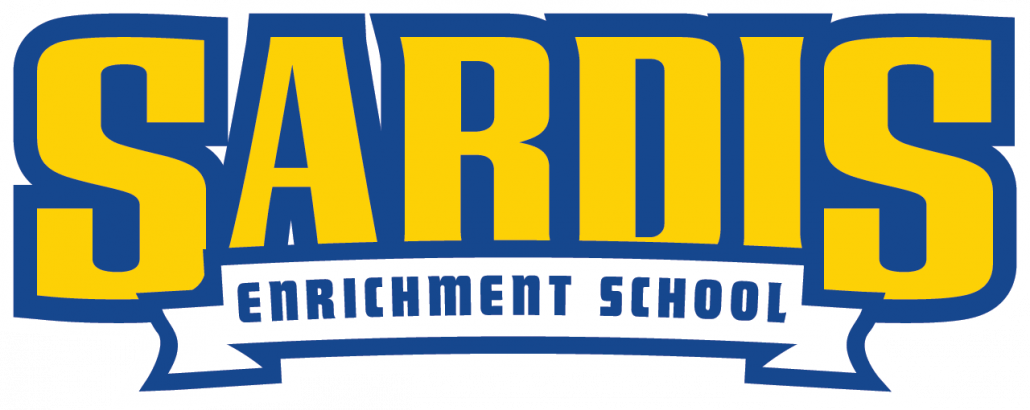Sardis Counselor – Michelle Hutto
What is the mission of a school counselor?
The mission of the Sardis Enrichment School Counseling Program is to provide for all students a proactive, comprehensive, developmental guidance program that:
Removes learning barriers; enhances academic, career, and personal/social development; and fosters strong character and responsible citizenship.
Why Elementary School Counselors?
Elementary school years set the tone for developing the knowledge, attitudes and skill necessary for children to become healthy, competent and confident learners. Through a comprehensive developmental school counseling program, counselors work as a team with the school staff, parents and the community to create a caring climate and atmosphere.
By providing education, prevention, early identification and intervention, school counselors can help all children achieve academic success.
Elementary School Students’ Developmental Needs
The elementary years are a time when students begin to develop their academic self-concept and their feelings of competence and confidence as learners. They are beginning to develop decision-making, communication and life skills, as well as character values.
It is also a time when students develop and acquire attitudes toward school, self, peers, social groups and family. Comprehensive developmental school counseling programs provide education, prevention and intervention services, which are integrated into all aspects of children’s lives.
Early identification and intervention of children’s academic and personal/social needs is essential in removing barriers to learning and in promoting academic achievement. The knowledge, attitudes and skills that students acquire in the areas of academic, career and personal/social development during these elementary years serve as the foundation for future success.
Elementary School Counselors Implement the Counseling Program by Providing:
- School Guidance Curriculum
- Individual Student Planning
- Responsive Services
- System Support
- Collaboration with parents, teachers, students, administrators, community agencies and/or medical professionals
Resource: American School Counseling Association (www.schoolcounselor.org)
